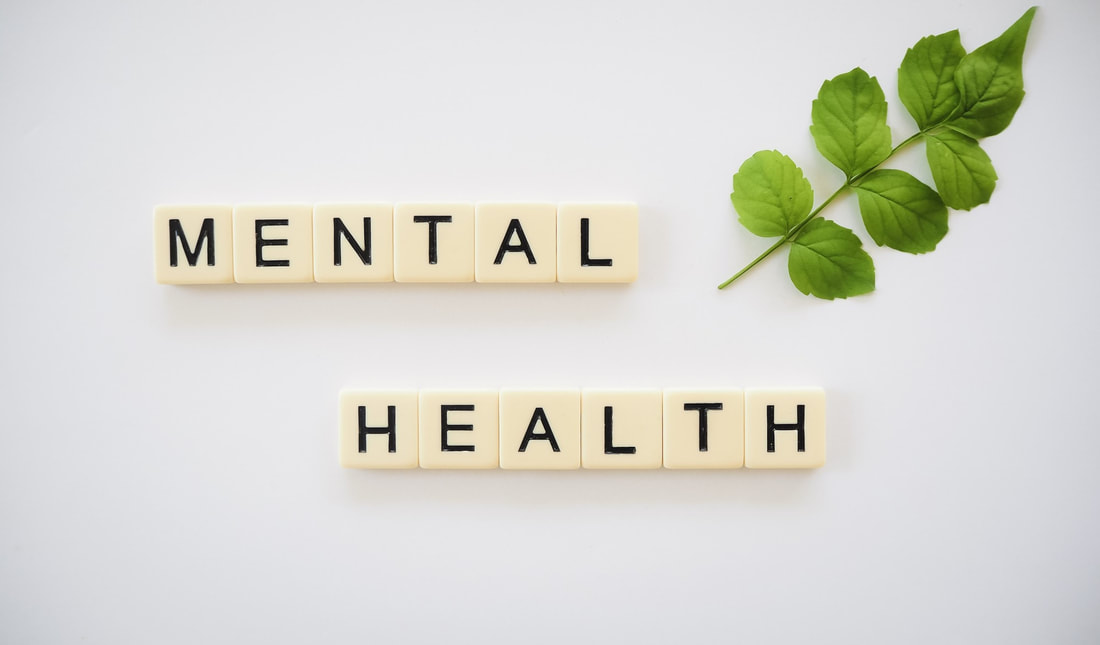 If you or someone you know is suffering from mental illness, you may be wondering if there's mental health treatment available. You may be concerned that seeking help will cause others to judge you, and it's understandable. But stigma can also prevent people from seeking help for mental illnesses. For one, many people are ashamed or fearful of their condition. Furthermore, they may think that mental illnesses are hopeless and that they will not be helped. Understanding what mental health treatment can do to help people better understand what it's like to receive treatment will encourage them to get the help they need. Many people suffer from mental illnesses, which are medical conditions that interfere with one's ability to function in everyday life. Most mental illnesses begin by the time a person reaches their 20s. They can be mild and unobtrusive or severe and relegate a person to a hospital bed. Treatment options can range from medication to talk therapy, and some are preventable, such as depression or bipolar disorder. To learn more about Meridian Healthcare treatment , check out the link. Different mental illnesses respond to different treatment methods. Some mental illnesses respond well to antidepressants or antipsychotics. If your doctor prescribes you medication, you should follow their advice and never stop taking it without consulting a health care provider. Psychotherapy is another option, and it helps you understand the causes of your mental condition. There are many forms of psychotherapy, including cognitive behavioral therapy and exposure therapy. These are provided by primary care physicians, psychologists, and psychotherapists. Psychotherapy can help you cope with the symptoms and reduce the chances of self-harm and isolation. Other psychological therapies include cognitive behavioral therapy and dialectical behavior therapy. Dialectical behavior therapy combines acceptance and change to help people change unhealthy behaviors. It involves group and individual therapy, as well as telephone coaching. Although it was initially designed for borderline personality disorder and suicidal behavior, it has now been adapted for many other mental illnesses. It's important to keep in mind that not all therapies will work for everyone, but they can be effective in reducing distress and increasing self-esteem. Psychiatric treatments, such as antidepressants, may be necessary. A depressive episode may be caused by a number of reasons, including genetics and environmental factors. Whether the cause is genetic, biochemical, or environmental, a depressive episode can be treated through antidepressant medications or talk therapy. Those suffering from bipolar disorder can seek treatment for their disorder, which causes extreme mood swings, called manic episodes and depression. Symptoms of these disorders include overblown self-esteem and irrational fears. View this page to learn some of the PTSD Symptoms. People suffering from schizophrenia will exhibit a variety of behavioral and emotional symptoms that will affect their ability to function normally. These symptoms can be crippling. Positive symptoms include movement disorders, hallucinations, and delusions. Negative symptoms include decreased enjoyment of life and difficulty paying attention or understanding information. Psychiatric treatment for schizophrenia is based on medication. It is important to note that mental health treatment is highly individual. The best treatment plan for you will depend on your individual needs and the severity of your condition. Check out this post https://en.wikipedia.org/wiki/Mental_health for more information about this topic.
0 Comments
Leave a Reply. |
 RSS Feed
RSS Feed
